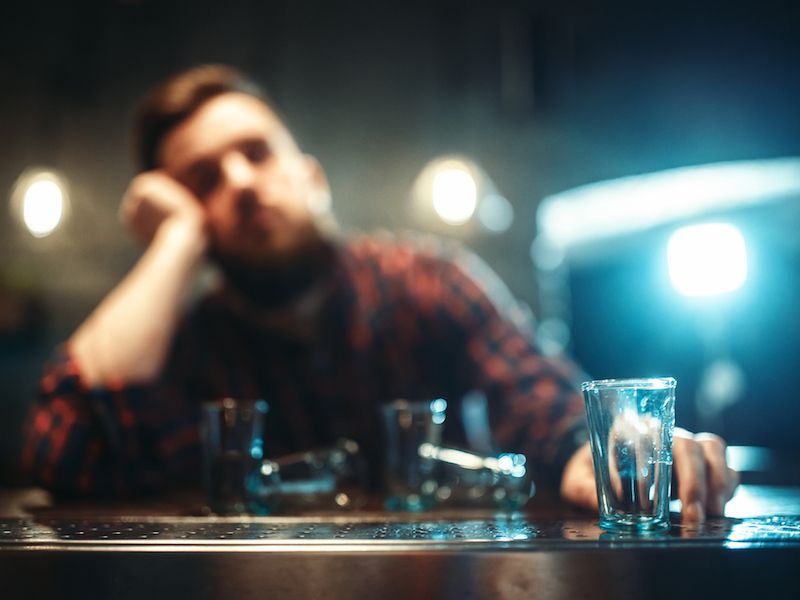
You’re probably aware that the US . is having an opioid crisis. Overdoses are killing more than 130 individuals each day. But what you may not have heard yet is that there is a troubling link between hearing loss and drug and alcohol abuse.
According to new research published in the American Journal of Preventive Medicine and carried out by a group from the University of Michigan, there’s a link between alcohol and drug abuse and people under fifty who have hearing loss.
Nearly 86,000 people participated in the study and it was found that the younger the person, the stronger the connection. What causes the link in the first place, unfortunately, is still not clear.
Here’s what was discovered by this study:
- People were at least two times as likely to misuse opioids than their peers if they developed hearing loss when they were under the age of fifty. They were also generally more likely to abuse other things, like alcohol.
- People who developed hearing loss over fifty did not differ from their peers when it comes to substance abuse rates.
- People were two times as likely to develop a general substance abuse problem than their peers if they got hearing loss when they were between the ages of 35 and 49.
Solutions and Hope
Because experts have already taken into consideration class and economics so those numbers are particularly shocking. So, now that we’ve identified a connection, we need to do something about it, right? Well, that can be a problem without understanding the exact cause (remember: causation is not correlation). A couple of theories have been put forward by experts:
- Higher blood pressure: It’s also true, of course, That blood pressure is raised by alcohol, sometimes to unhealthy levels. And both high blood pressure and some pain killers have been shown to harm your hearing.
- Lack of communication: Emergency medical departments are designed to get people in, treat them, and process them as efficiently (or, in many cases, quickly) as they can. And if there is a life threatening emergency they can be in even more of a hurry than usual. In situations such as this, a patient may not get correct treatment because they can’t hear questions and directions properly. They may agree to suggestions of pain medication without fully listening to the risks, or they might mishear dosage instructions.
- Social solitude: Cognitive decline and social isolation are well known to be associated with hearing loss. In situations like these, it’s common for people to self medicate, especially if the individual in question doesn’t really understand the cause–he or she may not even realizethat hearing loss is the issue.
- Medications that are ototoxic: These medications are known to cause hearing loss.
Whether hearing loss is increased by these incidents, or those with loss of hearing are more likely to have them, the damaging repercussions to your health are the same.
Preventing Hearing Loss and Substance Abuse
The authors of the study suggest that doctors and emergency responders work extra hard to ensure that their communication protocols are current and being followed. In other words, it would help if doctors were on the lookout for the symptoms of hearing loss in younger people. We individuals don’t seek help when we should and that would also be extremely helpful.
The following question should be asked of your doctor:
- Will I get addicted to this medication? Is there an alternative medicine that is safer for my hearing, or do I truly need this one.
- Will I have an ototoxic reaction to this medication? Are there alternatives?
If you are uncertain how a medication will affect your general health, what the risk are and how they should be used, you should not take then home.
In addition, if you think you are suffering from hearing loss, don’t wait to get checked. If you ignore your hearing loss for only two years you will pay 26% more for your health care. Schedule a hearing examination right away.
